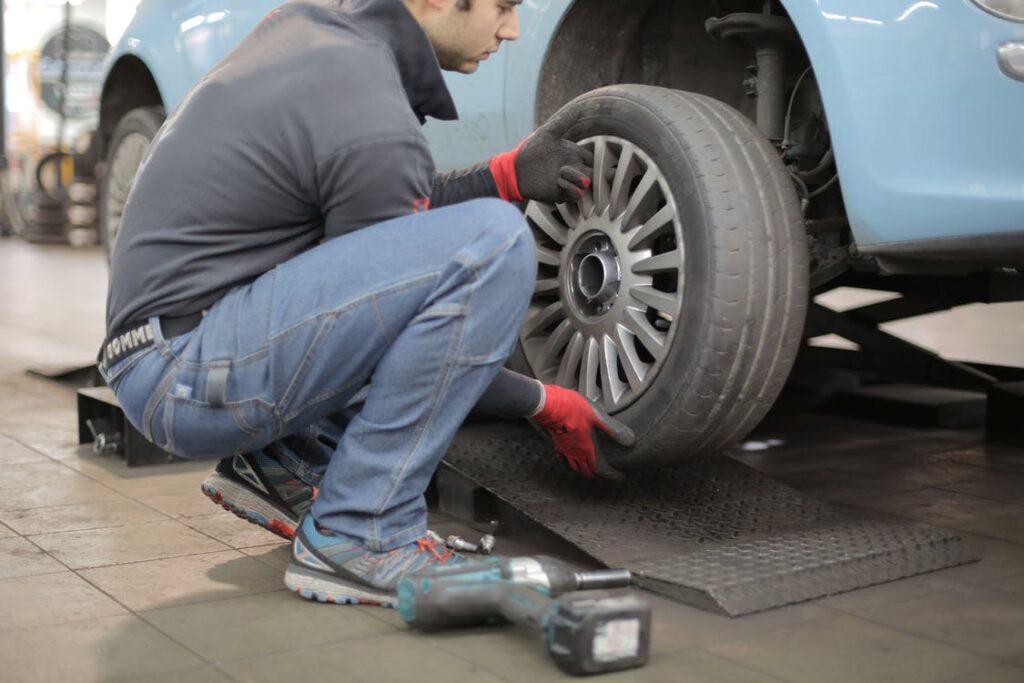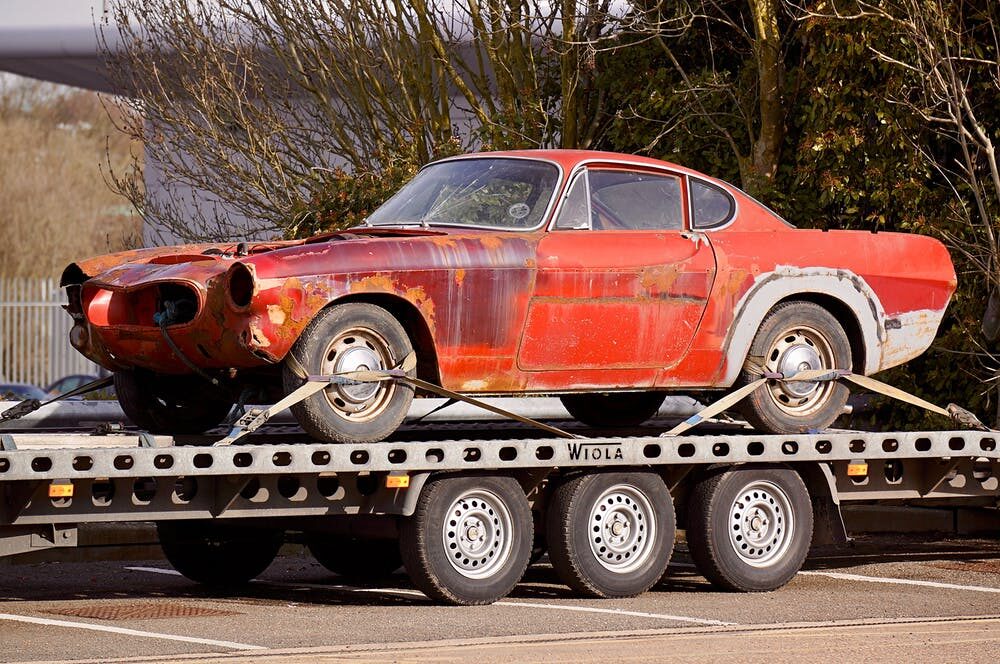Many folks are mystified by the process of taking their car in for service. There are so many questions: Should the car be taken to a dealership or an independent? Should owners pay for “preventative maintenance” services? Is the estimate accurate or is the owner getting ripped off? Is this repair covered by a warranty? The next few articles will try to answer these questions, as well as dispel some myths and misconceptions.
Where to Go
One of the first questions most people ask is: Where should vehicles be taken for service and repair? If a new car is still covered by the manufacturer’s warranty, then going to the dealership for warranty work makes sense. But what about routine maintenance? Or cars that are no longer covered by warranties? What makes the best sense in those cases?
Routine Maintenance
For routine maintenance, price is an obvious consideration for most consumers. Most dealerships charge about the same for oil changes as independent shops, but other maintenance services can cost more at the dealership. For example, a fuel injector cleaning may run over $100 at the dealership, but cost somewhat less at Joe’s Car Repair down the street.
If a technician recommends a routine service–or the car has reached a factory-recommended service interval–it might not hurt to call around before having the work performed.
Repair Work
Unscheduled repair jobs are a different story. Most dealerships charge a higher customer pay labor rate compared to independent shops. The reasons for this are varied. Most dealerships hire union technicians, which means they pay for techs is a bit higher.
Also, dealerships have access to factory training and equipment, and some even offer free loaner cars. For these reasons and others, dealerships justify charging more per hour for labor. The markup on factory parts is usually higher, as well.
Getting Value from Service
Higher prices don’t necessarily mean better service. The key is to do some research before visiting a new place, whether it’s a dealership or independent. Check online or with the local Better Business Bureau to see if any other consumers have filed complaints or positive reviews of the shop you are considering.
Dealerships offer the advantage of factory training and knowing the make and model of your car intimately. Independents offer a lower price for similar work, and in some cases, may offer more personal service. Much of the decision will rest on what each customer is comfortable with. A little research can go a long way.
Tips to Save Money on Auto Repairs
Everyone has heard horror stories about car repair shops overcharging, stealing items from the car, and making unnecessary repairs. Drivers will find that following these tips will remove common pitfalls encountered during repair work.
Regular Checks Avoid Costly Repairs
A properly maintained vehicle requires fewer repairs and gets better fuel efficiency. Repairing problems quickly limits further damage that can increase repair costs. Simple checks include:
Perform scheduled maintenance on your vehicle to avoid expensive damage. Use your owner’s manual to know what needs to be done.
While driving listen for new sounds or changes in handling. Have them checked immediately to avoid bigger problems.
Check daily for leaks. A quick glance will usually do. If a leak is found have it repaired before further damage is done. Know fluid colors so you can identify the leak:
Brown – Engine oil
Red and Oily – Transmission
Bright Green or Orange and watery– Antifreeze / Coolant
Clear or slightly brown – clutch/brake fluid
Dark brown or slightly greenish and oily – Gear oil
Blue – windshield washer fluid
Staying with the Vehicle Helps to Prevent Theft
Once you decide to have the car serviced or repaired at a shop, be alert. While most shops are honest, some are not.
Never tell a shop “do whatever it takes” and leave. This ends in high repair bills which the shop is not obligated to explain.
If you must leave have the mechanic call before performing any repairs not listed on the original estimate. Before authorizing additional repairs, make sure you understand new charges.
Remove any personal items from vehicles before service to avoid theft.
Watch the work on your vehicle whenever possible. People are less likely to do something shady when they are being watched.
Ask the shop to show you broken or worn parts they recommend a replacement for still on the car whenever possible
Prevent Overcharging on Repairs with Basic Knowledge
A good mechanic will recommend necessary repairs, however, sometimes recommended repairs aren’t necessary. Having the basic knowledge outlined below will help you make an informed decision.
Know what is wrong with your car, or at least what area (suspension, engine, transmission) so you can tell what repairs seem reasonable and which aren’t.
Know what parts your vehicle has. (Automatic transmissions don’t have a clutch)
When additional repairs are recommended during scheduled maintenance, ask questions until you are satisfied with the reasons for extra repairs. Do not authorize any extra repairs if you are not comfortable.
How to Know if the Repair Bill is Fair
Avoid hidden cost when the bill comes with these guidelines:
Ask the shop to show you a current labor guide book to ensure the labor is accurate for that job.
Get an itemized estimate and show it to a mechanic you trust for a second opinion whenever possible
Do not authorize any repairs until you understand all charges and reasons.
Find out if you can purchase repair parts elsewhere and have them brought in. Some shops will not warranty work done unless their parts are used.
If the mechanic is only willing to use his own parts, get a parts price quote from a nearby parts store. Compare that to the prices listed by the mechanic to see if they are charging too much for parts. Some markup is normal, but any excessive markup should be questioned.
Owners should repair minor issues to prevent costly damage, stay with their vehicle during service, and understand their bill. Owners can prevent costly repair bills with regular checks, basic knowledge, and a little attention. Automotive work involves few hassles when simple precautions are taken.
- How to support your child’s mental health: A parent’s guide - February 1, 2025
- Can data centers stay green? Balancing digital growth with clean energy - January 26, 2025
- Why Blockchain could be end of high fees, delays in global payments - January 17, 2025
- Abridge AI: Silent scribe transforming healthcare interactions - January 5, 2025
- What makes quantum AI a game-changer for technology - December 25, 2024
- How businesses must adapt to evolving cyber threats in 2025 - December 4, 2024
- How vaping stiffens blood vessels and strains lungs: Study - November 26, 2024
- OpenAI Codex or Google Codey? Finding the perfect AI for your code - November 18, 2024
- What Google’s Project Jarvis means for future of digital interaction - October 28, 2024
- 11 tips for creating engaging ad content - July 8, 2024




